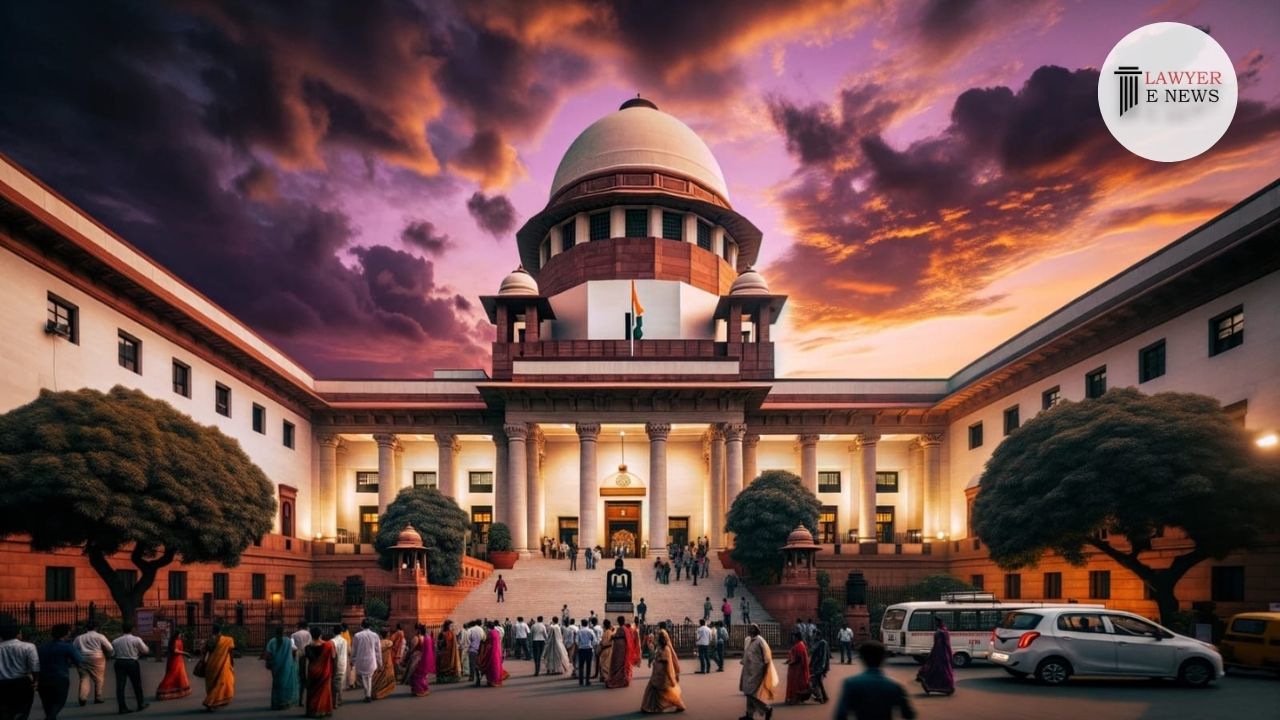-
by Admin
15 February 2026 5:01 PM



In a landmark judgment today, the Supreme Court clarified the procedural intricacies concerning the handling of Protest Petitions in criminal cases, significantly impacting how such cases are to be processed in the judiciary system.
Legal Point of Judgement: The apex court held that the Chief Judicial Magistrate (CJM) erred in not treating the Protest Petition as a private complaint under Section 200 of the Code of Criminal Procedure, 1973 (Cr.P.C.), following the submission of a police report recommending closure of the case. This misclassification led to the continuance of the matter as a State case rather than a private complaint, which was deemed inappropriate given the circumstances and additional affidavits submitted.
Facts and Issues of the Case: The case revolves around a summoning order dated March 8, 2021, issued by the CJM, Aligarh, which disregarded a police closure report and instead took cognizance of offenses under various sections of the Indian Penal Code based on affidavits accompanying a Protest Petition. This decision was challenged up to the High Court, which upheld the CJM's order, leading to the present appeal before the Supreme Court.
Error in Cognizance: The Supreme Court noted that the CJM incorrectly processed the Protest Petition with additional affidavits as a State case rather than a private complaint. Justice Vikram Nath emphasized, "Once the CJM was relying upon additional material in the form of evidence produced by the complainant along with the Protest Petition, then the only option for the CJM was to treat it as a complaint under Section 200 Cr.P.C. and proceed accordingly."
Legal Framework Misinterpreted: The judgment detailed that the High Court failed to rectify this error, which compounded the procedural irregularities. Reference was made to previous precedents, notably Vishnu Kumar Tiwari vs. State of Uttar Pradesh, which delineated the criteria under which a Protest Petition should be considered a private complaint.
Guidance for Future Procedures: The court extensively elaborated on how affidavits attached to a Protest Petition necessitate treatment as a private complaint, thereby triggering the need for adherence to the procedures laid out in Chapter XV of the Cr.P.C., including possibly examining the complainant and witnesses as per Section 200.
Decision: The Supreme Court allowed the appeal, setting aside the orders of both the High Court and the CJM. The case was remitted back for reconsideration as a private complaint, with directions to follow the proper legal framework under Chapter XV of the Cr.P.C.
Date of Decision: April 18, 2024
Mukhtar Zaidi Versus The State Of Uttar Pradesh & Another
